IISD Board Member Lloyd Axworthy Honoured with Canada's Pearson Peace Medal
IISD is very pleased to announce that its board member Lloyd Axworthy was honoured with the 30th Pearson Peace Medal on Wednesday, May 24, 2017.
IISD is very pleased to announce that its board member Lloyd Axworthy was honoured with the 30th Pearson Peace Medal on Wednesday, May 24, 2017.
The event took place at Rideau Hall in Toronto, and the medal was presented to Axworthy by His Excellency the Right Honourable David Johnston, Governor General of Canada and honorary patron of the United Nations Association in Canada.
The Honourable Lloyd Axworthy has devoted his life’s work, in academia, politics and civil society, to highlighting and building the United Nations as a vehicle for peace and to promoting Canadian leadership and engagement in the UN. As a political leader and as minister of Foreign Affairs for Canada, he had a pivotal role in the development and strategic advancement of the Anti-Personnel Mine Ban Convention (often referred to as the Ottawa Treaty). At the time, his engagement of world leaders and civil society was innovative and ultimately successful in the adoption of this important treaty.
As an academic, both early in his career and later as the president and vice-chancellor of the University of Winnipeg, he instructed, led and wrote on the imperative of education on peace and of critical thinking, informed by ideals and ambitious aspirations for a better world. As a university leader, he focused attention and action on reconciliation with First Nations, launching important programs to reach and engage Indigenous students and communities, and to advance social justice.
About the Pearson Peace Medal
The Pearson Peace Medal is awarded to a Canadian who has personally contributed, through his or her working life and voluntary commitments, to those causes to which Lester B. Pearson devoted his distinguished career: aid to the developing world; mediation between those confronting one another with arms; succour to refugees and others in need; equal rights and justice for all humanity; and peaceful change through world law and world organization.
A jury of eminent Canadians selects the recipient of this honour. The medal is awarded by UNA‑Canada, a registered charity founded in 1946, with a mandate to educate and engage Canadians in support of the United Nations and its critical issues, which have a global impact.
Click here for more information.
(Credit for all the images below: Sgt Johanie Maheu, Rideau Hall © OSGG, 2017)
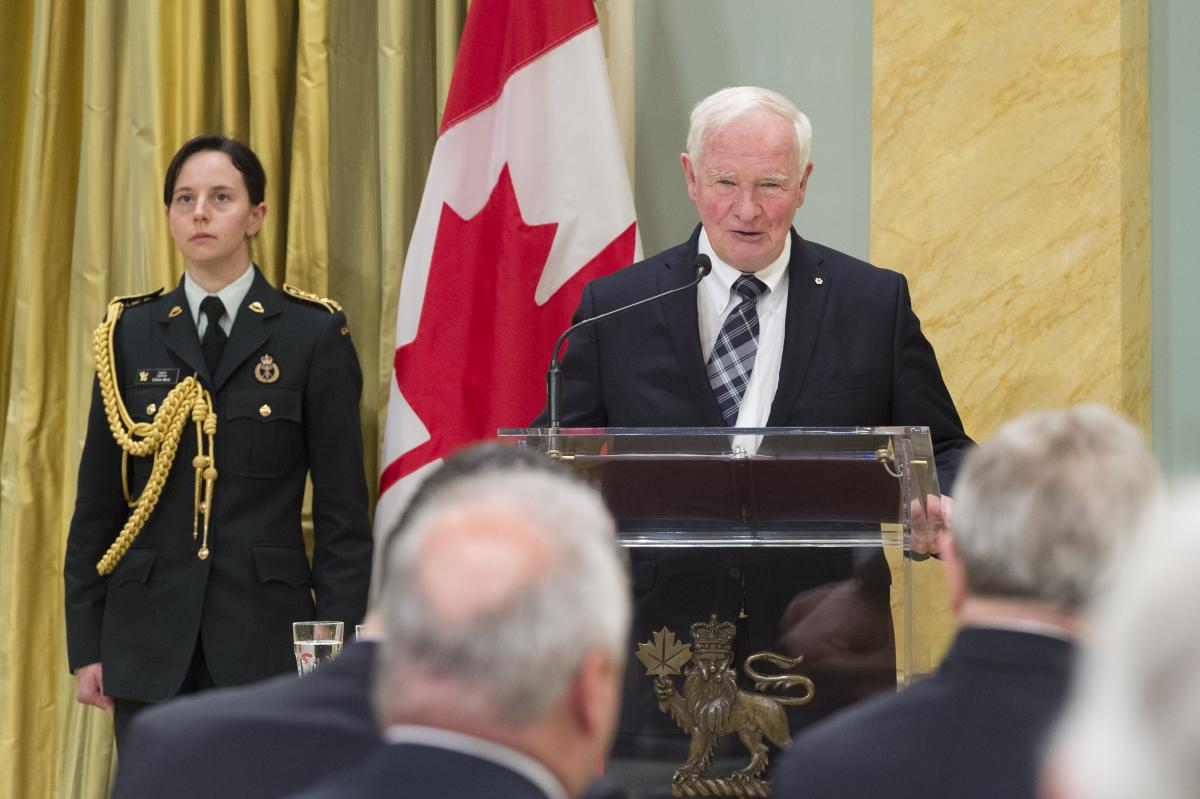
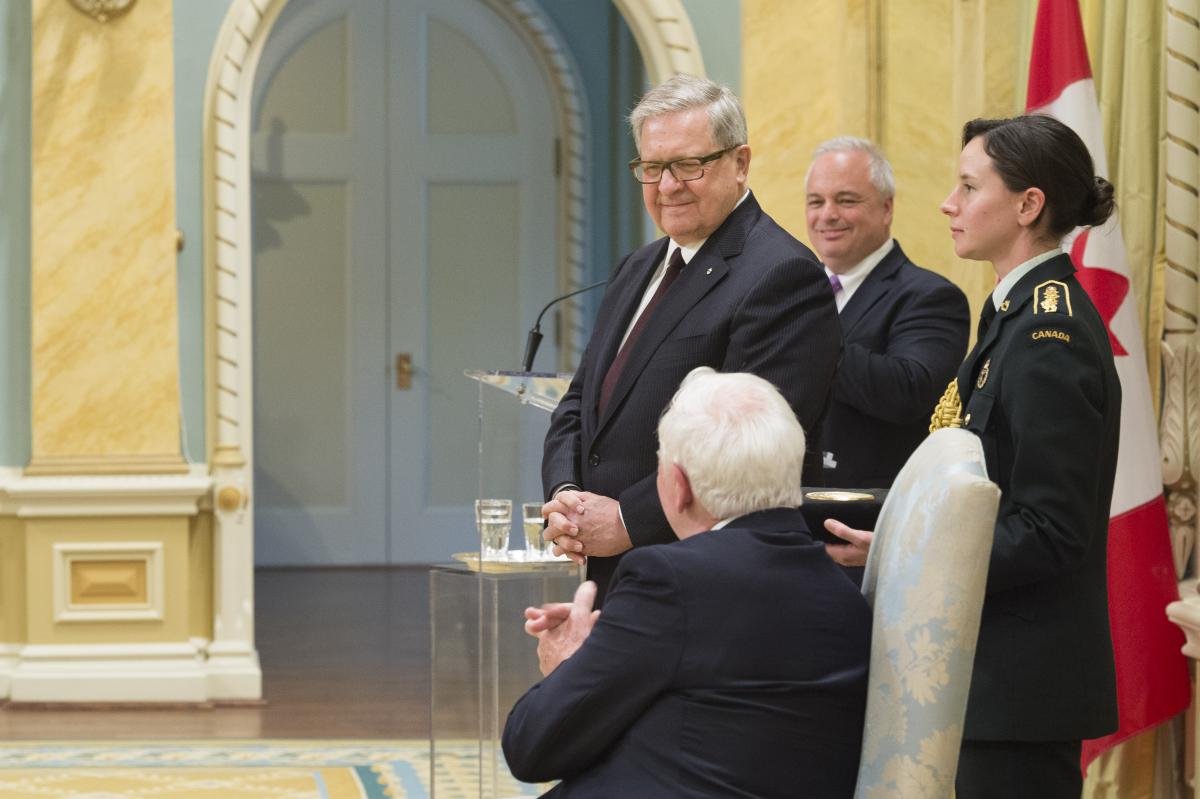
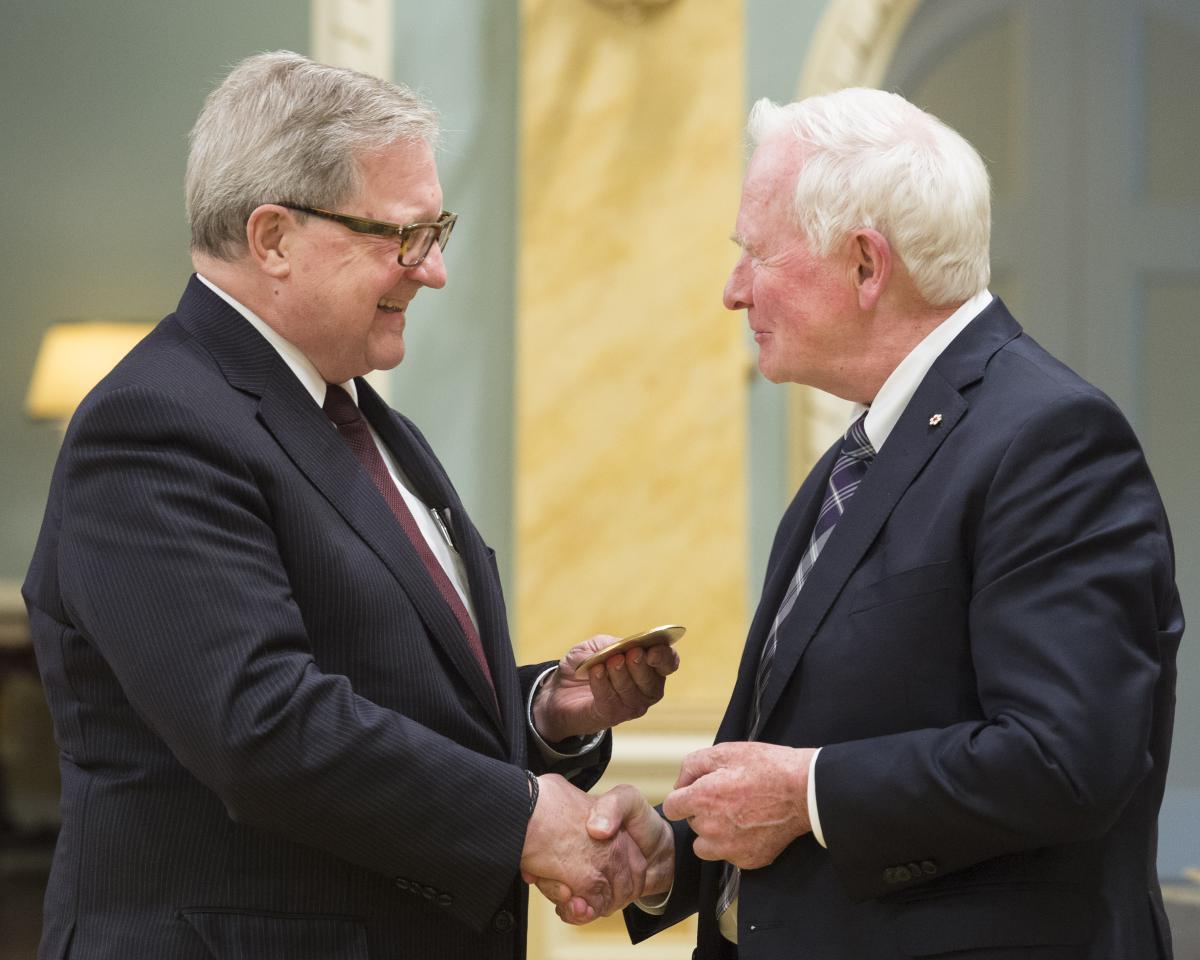
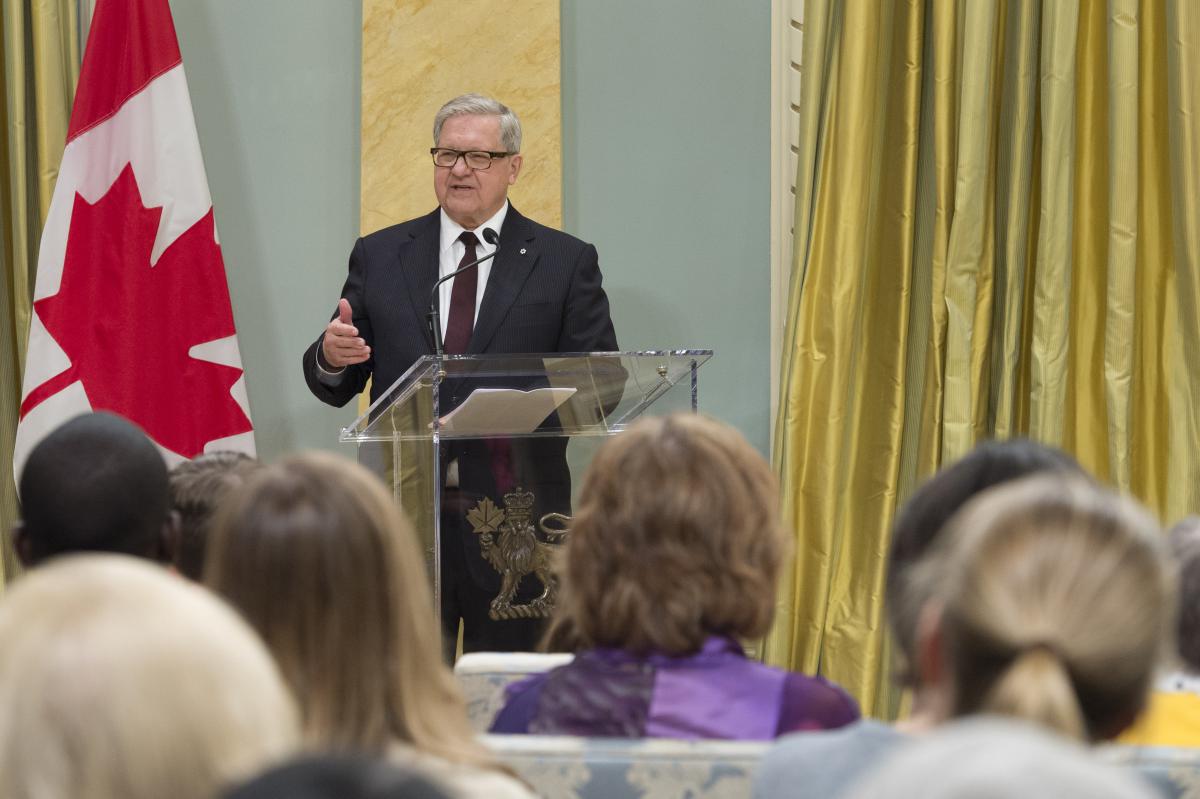
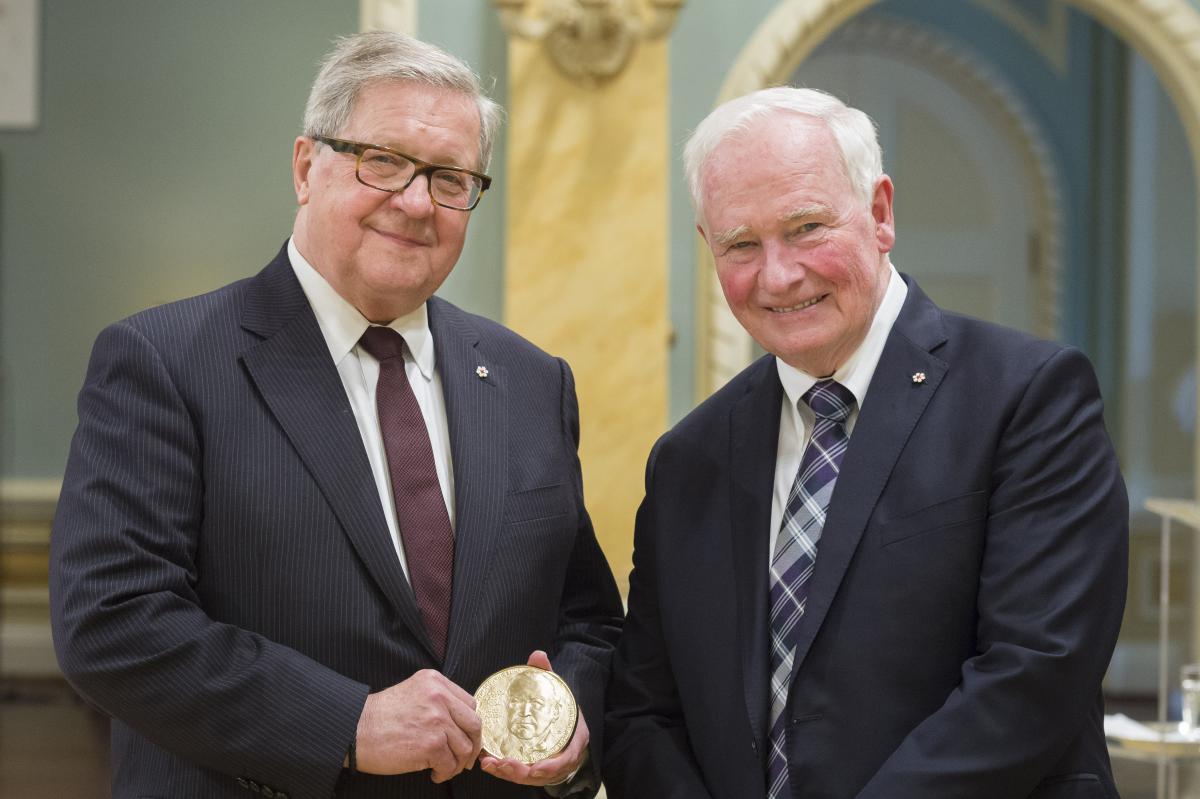
About IISD
The International Institute for Sustainable Development (IISD) is an award-winning independent think tank working to accelerate solutions for a stable climate, sustainable resource management, and fair economies. Our work inspires better decisions and sparks meaningful action to help people and the planet thrive. We shine a light on what can be achieved when governments, businesses, non-profits, and communities come together. IISD’s staff of more than 250 experts come from across the globe and from many disciplines. With offices in Winnipeg, Geneva, Ottawa, and Toronto, our work affects lives in nearly 100 countries.
You might also be interested in
What Drives Investment Policy-makers in Developing Countries to Use Tax Incentives?
The article explores the reasons behind the use of tax incentives in developing countries to attract investment, examining the pressures, challenges, and alternative strategies that exist.
What Is the NAP Assessment at COP 29, and Why Does It Matter?
At the 29th UN Climate Change Conference (COP 29) in Baku, countries will assess their progress in formulating and implementing their National Adaptation Plans. IISD’s adaptation experts Orville Grey and Jeffrey Qi explain what that means, and what’s at stake.
How to Track Adaptation Progress: Key questions for the UAE-Belém work programme at COP 29
UAE-Belem work program at COP 29: Emilie Beauchamp explains the complexity behind these talks and unpacks seven key questions that negotiating countries should address along the way.
COP 29 Must Deliver on Last Year’s Historic Energy Transition Pact
At COP 29 in Baku, countries must build on what was achieved at COP 28 and clarify what tripling renewables and transitioning away from fossil fuels means in practice.